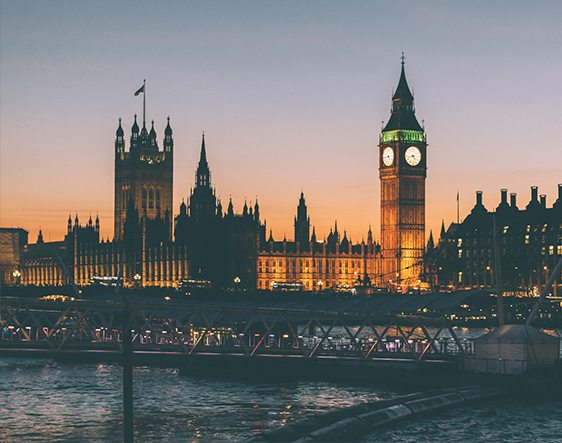The Government has rejected all six of the recommendations made by the Women and Equalities Committee in the last Parliament for improving women’s representation in the House of Commons. From Committee Chair, Maria Miller.
The UK is failing to be a world leader on women’s representation. There are still more than twice as many men as women in the House of Commons: after the 2017 election women still only make up 32 percent of MPs. This demands a vigorous response across the board but the Government has shown it is content to sit on its hands with an approach which has yielded depressingly slow progress so far.
“While political parties bear a great deal of responsibility for increasing women’s representation, the Government can make a real difference. The Government should be actively promoting transparency and equality of opportunity for women as Parliamentary candidates. In particular, it should bring into force existing legislation requiring parties to publish candidate diversity data: this would give people the data to hold parties to account for their progress – or the lack of it.
The Government’s failure to commit to this – or to accept any of the previous Committee’s other recommendations – shows a complete lack of action and ambition to bring about real change. The early General Election in June means that Government, Parliament and political parties have a window of opportunity now, to make the changes that are needed to ensure a more representative group of Members of Parliament are elected at the next General election.
The committee’s recommendations to Government: The Government should set a domestic target of 45 per cent for representation of women in Parliament and local government by 2030 in response to the UN indicators for Sustainable Development Goal 5.5. The Government should set out how it plans to achieve this target, working with political parties.
The Government should seek to introduce in legislation in this Parliament a statutory minimum proportion of female parliamentary candidates in general elections for each political party. This measure should be brought into force if the number and proportion of women MPs fails to increase significantly after the 2020 General Election.
Parties that fail to comply with this target need to face sanctions for the quota to be effective. The Government should consider a range of possible sanctions, which could include deductions from Policy Development Grants, confiscation of deposits in seats where female candidates have not been fielded, or legislating to extend the remit of the Electoral Commission to introduce fines for non-compliance.
The Government should immediately bring into force the statutory requirement for political parties to publish their parliamentary candidate diversity data for general elections, as set out in Section 106 of the Equality Act 2010. Publication of this information is vital for public and parliamentary scrutiny of the record of political parties in selecting a diverse slate of parliamentary candidates.
The Government should extend the time for which the Sex Discrimination (Election Candidates) Act 2002 is in force, in order to allow political parties to use all-women shortlists beyond 2030. The Government should bring forward legislative proposals to update the Sex Discrimination (Election Candidates) Act 2002 to allow all women shortlists for all elected mayor and police and crime commissioner posts.
The report Women in the House of Commons was published in January 2017. It also recommends that: Political parties need to do much more to promote a fairer and greater proportion of women parliamentary candidates, and be transparent about their plans and their performance. They should set out what they intend to do to increase the proportion of women in the House in 2020, including adopting ambitious targets for women candidates in ‘winnable’ seats.
Parliament as an institution should actively encourage women to participate in democracy and continue to investigate ways of making the working environment of Westminster one that does not present unnecessary actual or perceived barriers to women’s participation.









